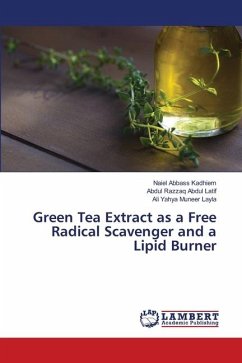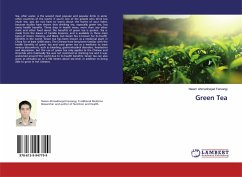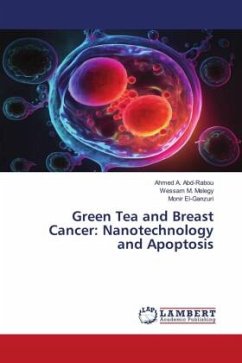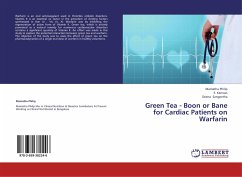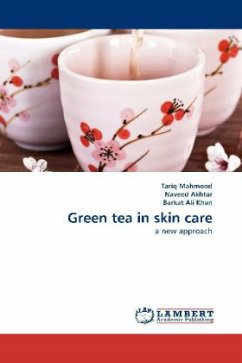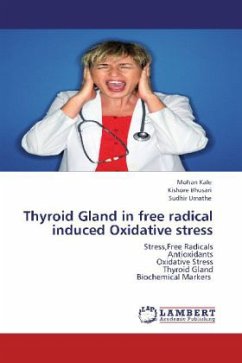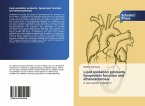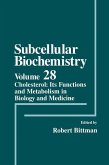This study aims to evaluate the possible effects of aqueous green tea extract on dyslipidemia and oxidative stress in cholesterol-fed male rabbits. 24 local domestic male rabbits were used in this study. Their weight ranged between 1.2 and 1.6 Kg. High cholesterol diet consists of 1% cholesterol (1gm for each 100mg of standard rabbit diet). About 4 ml of blood are collected from the rabbit heart. The blood sampling was done in the beginning of the study (zero time), after 1 month and after 2 months of treatment. The blood samples were allowed to clot at 37 C and centrifuged at 3000 rpm for 15 minutes. Sera were taken and analysed for the determination of serum total cholesterol (TC), triglycerides (TG), high density lipoprotein (HDL-C) low density lipoprotein (LDL-C), very low density lipoproteins (VLDL), serum malondialdehyde (MDA), the byproduct of lipid peroxidation as oxidative stress marker and serum glutathione (GSH) as antioxidant marker.

